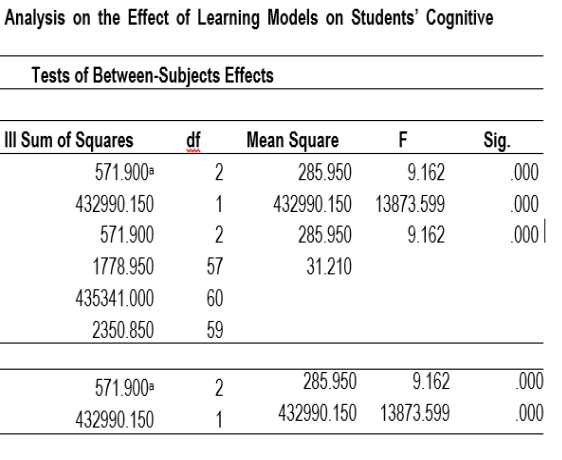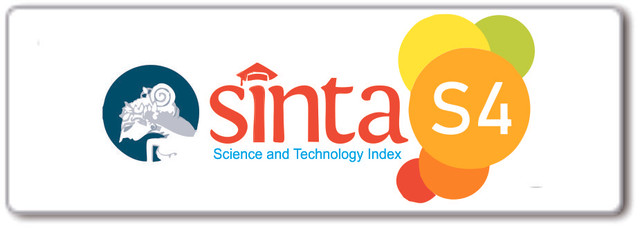The learning model of Resource-Based learning, Brain-Based learning, and a combination of these two models Resource - Brain-Based learning is believed to be able to improve cognitive, affective, and psychomotor learning outcomes of the Students of SMP Neg
-
Abstract
The combination of learning in the 21st century related to soft skills is the Resource-Brain Based Learning model which is a combination of Resource-Based Learning and Brain-Based Learning models. They are learning strategies adapted to learning resources and brain work systems that are already naturally programmed to learn. This study aims to see the effect of the Resource-Brain Based Learning model on students' cognitive, affective, and psychomotor thinking learning outcomes on environmental pollution material for class VII in SMP Negeri 20 Central Maluku and SMP Negeri 13 Central Maluku. Research data were analyzed quantitatively using descriptive and inferential statistics in the form of ANCOVA analysis to see the effect of the Resource-Brain Based Learning model on students' cognitive learning outcomes and ANOVA analysis for ANOVA on students' metacognitive outcomes and social attitudes. The results showed that there was an influence of the Resource-Brain Based Learning model on cognitive, affective, and psychomotor learning outcomes.
Downloads

Copyright (c) 2023 Dominggus - Rumahlatu

This work is licensed under a Creative Commons Attribution-NonCommercial-ShareAlike 4.0 International License.
Authors who publish with BIOEDUPAT: Pattimura Journal of Biology and Learning agree to the following terms:
- Authors retain copyright and grant the journal right of first publication with the work simultaneously licensed under a Creative Commons Attribution License (CC BY-NC-SA 4.0) that allows others to share the work with an acknowledgment of the work's authorship and initial publication in this journal.
- Authors are able to enter into separate, additional contractual arrangements for the non-exclusive distribution of the journal's published version of the work (e.g., post it to an institutional repository or publish it in a book), with an acknowledgment of its initial publication in this journal.
- Authors are permitted and encouraged to post their work online (e.g., in institutional repositories or on their website) prior to and during the submission process, as it can lead to productive exchanges, as well as earlier and greater citation of published work.








 This work is licensed under a
This work is licensed under a 